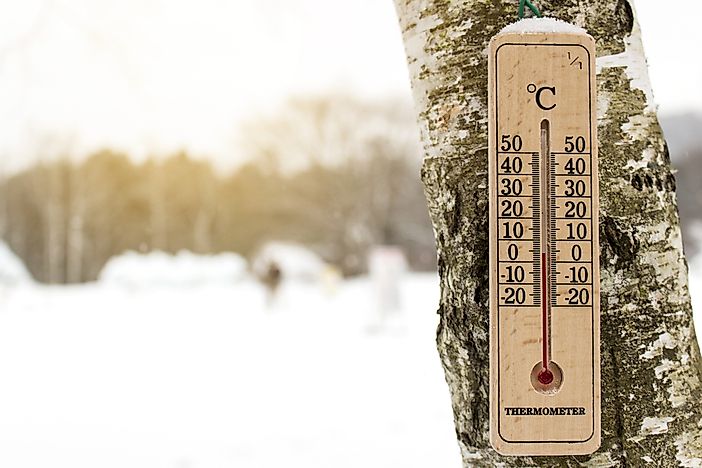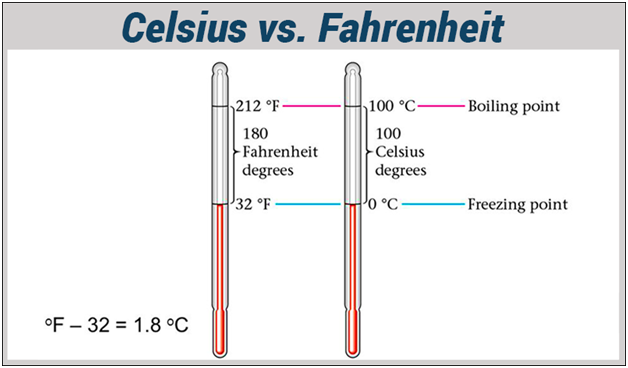Water is a vital component of life, and it exists in different states depending on the temperature. One of the most critical temperatures for water is its freezing point. In Celsius, the freezing point of water is 0 degrees. This article will explore what happens when water freezes in Celsius.
The Science Behind Freezing Water in Celsius

Water is composed of two hydrogen atoms and one oxygen atom, and it is a polar molecule. The hydrogen atoms have a partial positive charge, while the oxygen atom has a partial negative charge. This polarity allows water molecules to form hydrogen bonds, which are responsible for its unique properties such as high surface tension and high boiling point.
When water is cooled to 0 degrees Celsius, the hydrogen bonds between the water molecules start to arrange themselves in a crystalline structure. This structure is what we know as ice. The ice crystals continue to grow as the temperature drops further below zero degrees Celsius.
The Effect of Pressure on Freezing Water in Celsius

Pressure can also affect the freezing point of water. When the pressure on water is increased, its freezing point decreases. For example, at a pressure of 1 atmosphere, the freezing point of water is 0 degrees Celsius. However, at a pressure of 200 atmospheres, the freezing point of water can be as low as -20 degrees Celsius.
The Importance of Freezing Water in Celsius

The freezing of water in Celsius has numerous applications in our daily lives. For example, the formation of ice on lakes and rivers provides a habitat for various organisms. Ice also has recreational uses, such as ice skating and ice fishing. In addition, the freezing of water is essential in many industrial processes such as refrigeration and cryogenics.
The Formation of Ice Crystals in Freezing Water in Celsius

As mentioned earlier, ice crystals form as water molecules arrange themselves in a crystalline structure. The shape and size of the ice crystals depend on various factors such as the temperature and the presence of impurities in the water. For example, pure water at a temperature of -10 degrees Celsius will form hexagonal ice crystals.
The Dangers of Freezing Water in Celsius

While the freezing of water in Celsius has many benefits, it can also be dangerous. Ice on roads and sidewalks can cause slips and falls, leading to injuries. In addition, frozen pipes can burst, causing water damage to homes and buildings. It is essential to take precautions during the winter months to prevent such incidents.
The Bottom Line

The freezing of water in Celsius is a fascinating and critical phenomenon that affects our daily lives in many ways. From the formation of ice crystals to the dangers of frozen pipes, it is essential to understand the science behind this process. By taking precautions and understanding the properties of frozen water, we can appreciate its benefits while avoiding its dangers.